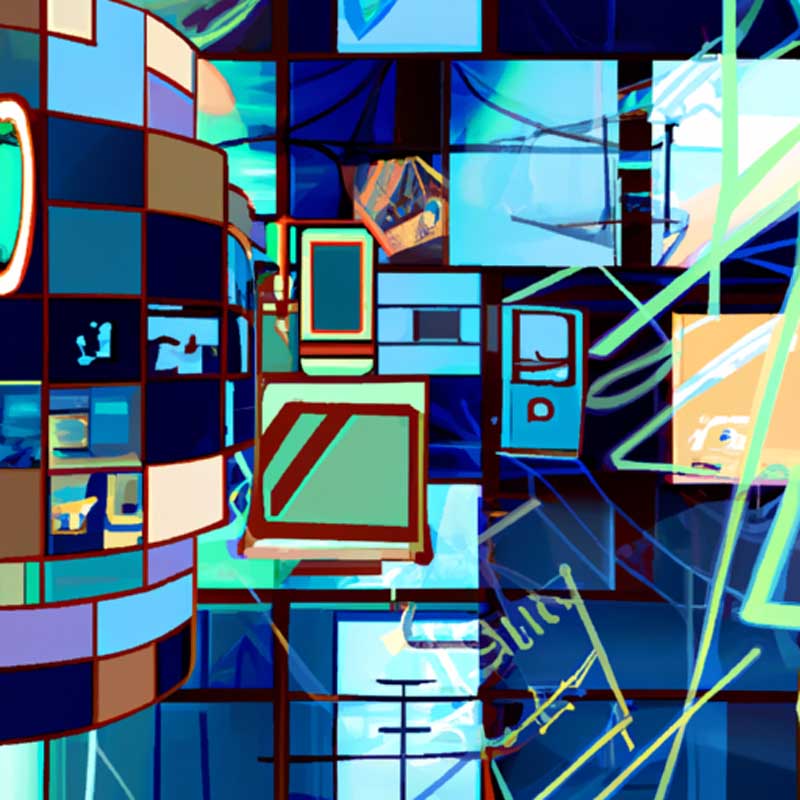Artificial Intelligence (AI) technology is becoming an increasingly fundamental part of higher education in the Bay Area, changing the way courses are taught and expanding course offerings. Key points include:
- Professors are leveraging AI technology to tackle administrative tasks and teaching responsibilities, while integrating AI familiarity as a requirement within their coursework.
- Schools are offering new classes on the application of AI in various disciplines due to increased student interest in the subject, even outside of technical fields.
- San Francisco State has introduced classes on the ethical implications of AI and its role in diverse areas from accounting to filmmaking. The institution has also offered a certificate in ethical and explainable AI since 2019.
- AI tools like GitHub copilot are being used by students to assist with tasks such as coding, significantly reducing time spent on these tasks.
At Stanford, a course has been added focusing on the medical applications of generative AI programs, while San Jose State has made familiarity with artificial intelligence a prerequisite for graduation from certain courses.
Dr. Narges Norouzi of UC Berkeley has encouraged her computer science students to use OpenAI’s GPT-4 for coding challenges and has developed software that uses GPT-4 to provide students with intelligent hints to push through tough problems. She is also overseeing the testing and development of a chatbot that can answer student questions drawn from course texts and an online Q&A portal, to reduce the workload on faculty.
These developments suggest that the integration of AI across different disciplines is set to increase, as educators recognize the value of training students to navigate an increasingly AI-driven society. There is, however, an emerging debate over whether AI should be incorporated in all aspects of life, and how it could potentially concentrate power and wealth in the hands of a few and its ramifications on the future labor market.
